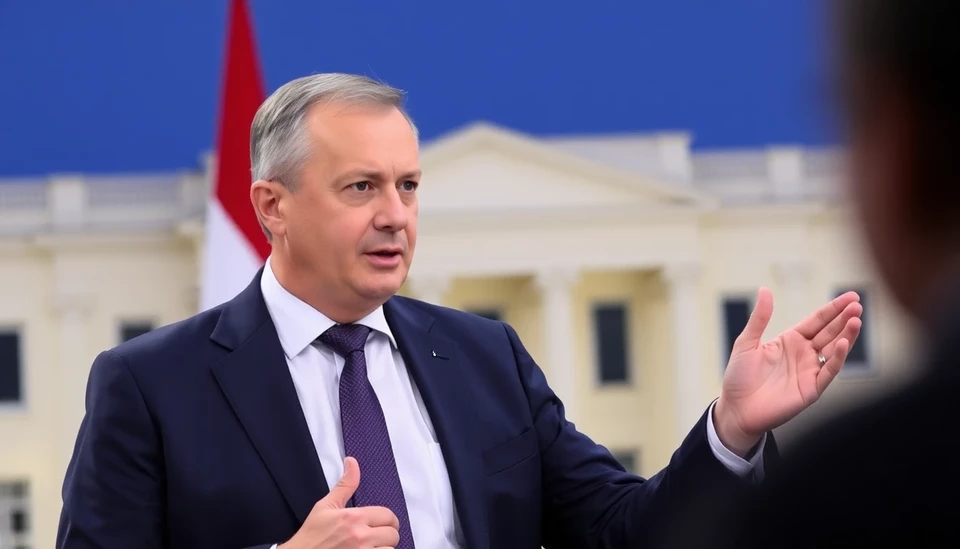
In a closely watched decision, Hungary's central bank has opted to maintain its key interest rate at 13%, a move that comes in the face of persistent pressures on the forint, the country's national currency. The decision highlights the bank's cautious approach as it navigates a volatile economic landscape, marked by inflationary concerns and external financial pressures.
This decision, announced during a recent policy meeting, reflects the Monetary Council's commitment to stabilizing the forint, which has seen considerable fluctuations. The forint's instability has raised alarms among policymakers, with the currency facing significant depreciation against major currencies like the euro and the US dollar.
Analysts had anticipated this decision, considering the delicate balance the bank must maintain between curbing inflation and fostering economic growth. With inflation rates hovering around 19%, the central bank is under pressure to implement measures that will not only stabilize the currency but also address rising costs that are impacting consumers and businesses alike.
Some economists argue that maintaining the current interest rate is a prudent strategy, particularly in light of Hungary's economic environment characterized by high inflation and global financial uncertainties. Others, however, suggest that a reduction in the rate could stimulate growth and encourage lending, which is crucial for recovery in a post-pandemic economy.
The decision to hold the rate is a reflection of the bank's careful consideration of various factors, including the impacts of external economic conditions and the ongoing geopolitical tensions that have implications for Hungary's economy. The ongoing energy crisis in Europe and the war in Ukraine are significant considerations that have led to heightened economic scrutiny.
In addition, Hungary's inflation rates have been exacerbated by supply chain disruptions and energy price hikes, prompting calls for decisive action from the central bank. Observers will be keenly watching the bank's next moves, particularly in light of looming European Central Bank policy changes that may influence the region's financial landscape.
The central bank's decision-making process is influenced not only by domestic factors but also by the broader economic trends across Europe. Hungary's economic outlook remains uncertain, and with escalating external pressures, the bank’s next policy meeting will be critical in shaping its response to future economic challenges.
As the situation unfolds, the effectiveness of Hungary's monetary policy will be measured by its ability to restore confidence in the forint and manage inflation. Investors and market analysts remain alert to the potential for shifts in strategy that could impact Hungary's financial health moving forward.
In conclusion, the Hungarian central bank's decision to keep the interest rate steady underscores the complexities of managing an economy during turbulent times. It reflects a delicate balance between stabilizing the currency and ensuring sustained economic growth in an environment fraught with uncertainty.
#Hungary #Forint #InterestRates #CentralBank #Economy #Inflation #MonetaryPolicy #FinancialStability
Author: Laura Mitchell




